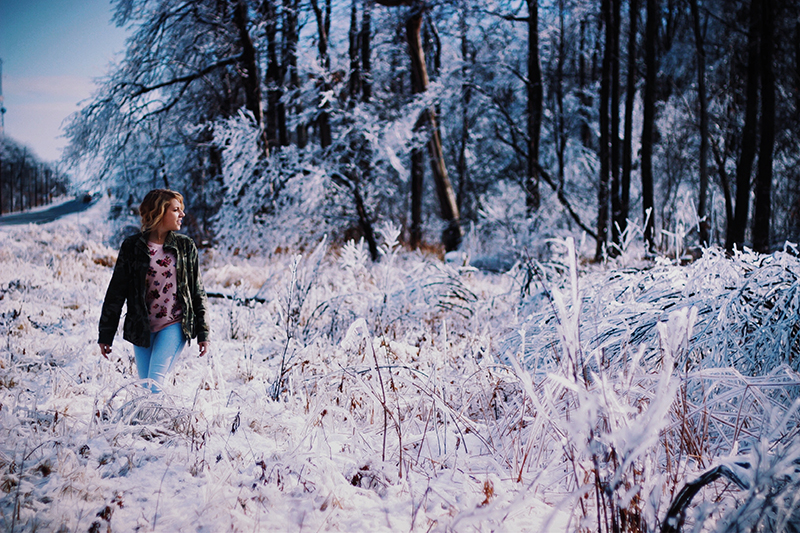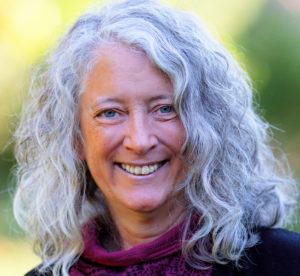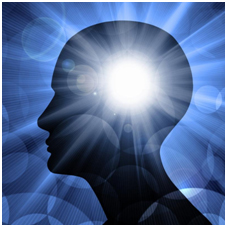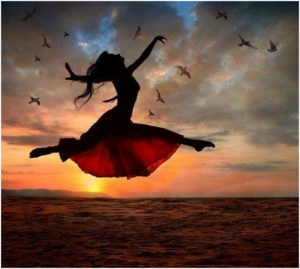
Hurrah, it’s January! We’ve turned the corner, we’ve inched past the winter solstice, and the days are getting longer – though it certainly doesn’t feel like it!
Baby, it’s cold outside. And the sunlight hours seem shorter than ever.
Add to the dearth of sunlight a dose of post-holiday letdown, and some desolate winter scenery, and it can make a perfect recipe for the winter blues.

Call ‘em what you will – the blues, the blahs, or winter’s bane – the weather this time of year can be so emotionally challenging that there’s a formal diagnostic name for its effects: Seasonal Affective Disorder (SAD), a wintry syndrome that researchers estimate affects millions.
SAD has a lot to do with sunlight – or the absence thereof. Light has powerful effects on the body. Perhaps most importantly, it regulates the pineal gland, the body’s master control gland.
Descartes called the pineal gland “the seat of the soul.” It was said by mystics to be the negative pole of an energy center, called the spiritual eye or sixth chakra, that is the bodily center of intuition where humans can commune with God in deep meditation.
The pineal gland produces melatonin, a hormone that regulates the body’s circadian (daily) rhythms, promotes sleep, supports immunity, plays a large role in the emotions, and is used in the treatment of certain cancers.
 When Dr. Marcel and I opened our first naturopathic practice, we were aware that many of our patients were vulnerable to the depressing effects of the long Vermont winters. So we installed a therapeutic full-spectrum light in the waiting room.
When Dr. Marcel and I opened our first naturopathic practice, we were aware that many of our patients were vulnerable to the depressing effects of the long Vermont winters. So we installed a therapeutic full-spectrum light in the waiting room.
SAD-dispelling light therapy boxes have been available for many years; they provide a very effective form of “phototherapy” (previously called heliotherapy).
Phototherapy has been used to treat non-seasonal disorders as well, including depression, and the sleep disorders associated with Parkinson’s Disease.
Classical heliotherapy recommendations involved full-body exposure to sunlight for brief periods during the hours when the sun isn’t at its brightest. (As Noel Coward proclaimed, only mad dogs and Englishmen go out in the noonday sun.)
Medical science has long known that exposing the skin to the sun’s rays helps the body transform vitamin D into its active form. Hence Mom’s admonition, “Go out and play in the sun – it will increase your vitamin D.”
However, the body’s ability to transform vitamin D may be hampered by advancing age and individual genetics. Thus there’s a widespread need for supplemental Vitamin D to bring blood values up to optimal levels. This may explain why many SAD sufferers benefit from taking supplemental Vitamin D.
 Aside from pineal issues and depressed Vitamin D levels, our 21st-century urban lifestyles may also contribute to SAD.
Aside from pineal issues and depressed Vitamin D levels, our 21st-century urban lifestyles may also contribute to SAD.
We can take a cue from animal adaptation. Bears take a winter-long nap, as do skunks and chipmunks. Frogs and turtles seek deep water where they can sleep through the winter months. And birds migrate to warmer climes.
What’s a person to do?
If migration is an option, you can certainly keep your mood chirpy by flying to more hospitable climes. (For example, our Pacific Naturopathic Retreat Center on Hawaii’s Big Island.)
Humans, of course, can’t join the bears and frogs in their winter-long snooze, but we can seize any and all opportunities to slow down, decrease our outward activities, and prioritize our inner life by meditating, reflecting, journaling, or working on a craft (have you tried collaging?).
 More suggestions for avoiding SAD: listen to uplifting music, try color therapy (orange is warming, yellow is joyful). Diffuse mood-lifting essential oils in your work and home spaces. (Two of our favorites are lavender and ylang ylang.) Eat seasonally appropriate foods – try consuming more winter root vegetables and warming foods – for example, healthful soups instead of salads. Enjoy intimate gatherings with family and friends – and take a few moments every day to “just be.”
More suggestions for avoiding SAD: listen to uplifting music, try color therapy (orange is warming, yellow is joyful). Diffuse mood-lifting essential oils in your work and home spaces. (Two of our favorites are lavender and ylang ylang.) Eat seasonally appropriate foods – try consuming more winter root vegetables and warming foods – for example, healthful soups instead of salads. Enjoy intimate gatherings with family and friends – and take a few moments every day to “just be.”
Read more about the medical services Dr. Connie offers here: http://www.naturopathichealthconsultations.com
